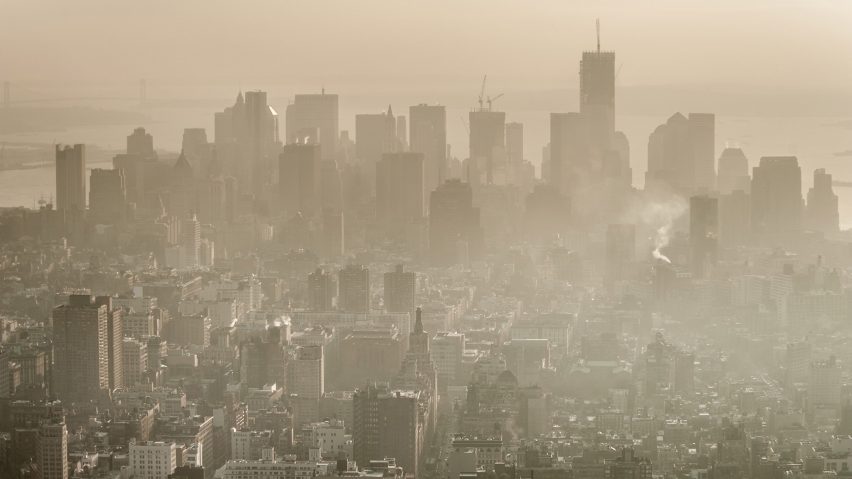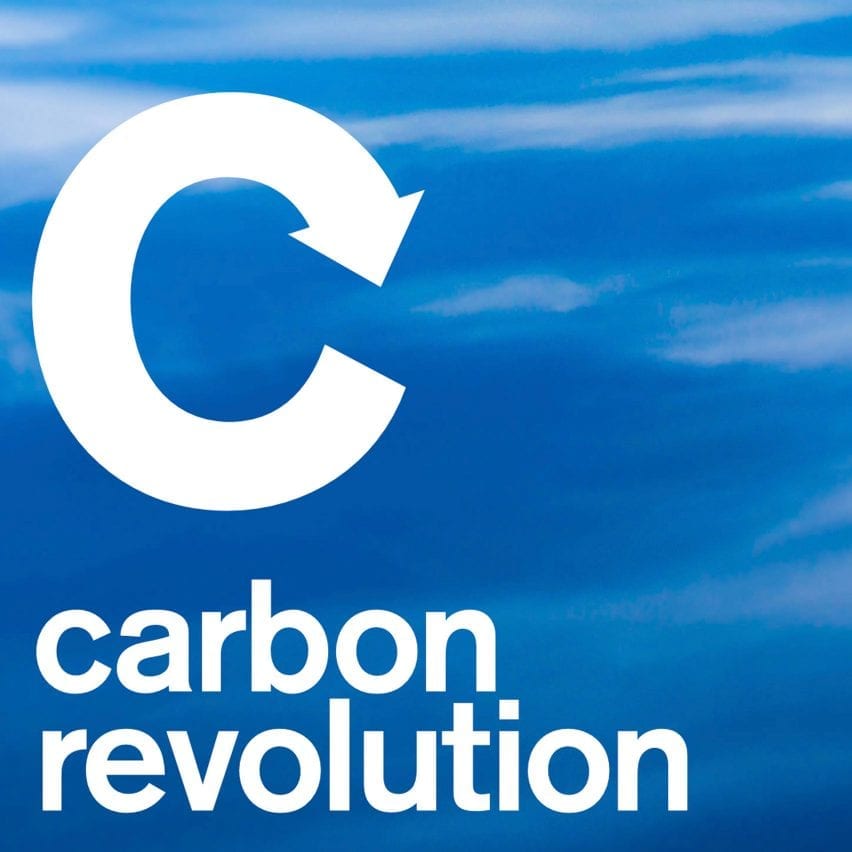
New York State announces $9 million fund as part of bid to become leading "carbontech" innovation hub
New York State governor Andrew M Cuomo has launched a $9 million fund to support research into ways of capturing atmospheric carbon and turning it into useful products.
The Carbontech Entrepreneurial Fellowship Program will provide technical expertise for "carbon-to-value" technology that stores captured CO2 in physical objects.
The programme is part of the state's aim of becoming a leading hub for carbontech businesses as well as supporting its goal of reducing its greenhouse gas emissions by 85 per cent by 2050.
"Revolutionizing the development of products made from carbon capture will create the landscape to achieve deep decarbonization in our fight against climate change," Cuomo said.
"Attracting scientists with cutting-edge skills and knowledge to realize new products is essential to growing our green economy, and we are bringing their research out of the lab to pave the way for a more climate resilient future to benefit all New Yorkers."
Programme commercialises removal of CO2
The programme is part of a burgeoning "carbontech" sector that aims to commercialise the removal of atmospheric CO2, which is the main cause of climate change.
Players include Finnish company Solar Foods, which plans to make food from captured carbon, and Australian company Mineral Carbonation International, which turns CO2 into construction materials.
Other carbontech companies include Canadian company Carbicrete, which makes concrete from CO2, and Dutch brand Made of Air, which makes bioplastic from carbon-rich farm and forest waste.
Carbon capture key technology in fight against climate change
The Carbontech Entrepreneurial Fellowship Program will be administered and funded by the New York State Energy Research and Development Authority (NYSERDA).
"By focusing on bringing together novel ideas with entrepreneurs, we are fostering a new pipeline of sustainable, emission-reducing products that will help New York shrink its carbon footprint and build healthier communities," said NYSERDA president and CEO Doreen M Harris.
"Carbon-to-value" is a similar concept to carbon capture and utilisation (CCU), which is emerging as one of the key planks in the fight against climate change. It involves capturing carbon from the atmosphere and turning it into useful objects that double as long-term stores for the element.
Atmospheric carbon can be captured using direct air capture machines, such as those developed by Climeworks. It can also be captured naturally in biomass including trees, hemp, bamboo and algae.
Earlier this year Elon Musk launched the $100 million XPrize Carbon Removal competition, which calls for new devices that sequester carbon dioxide.
"Decarbonization a top priority"
The New York State fellowship programme follows April's launch of the $10 million Carbontech Development Initiative, a programme "to establish New York State as a world-class hub of carbon-to-value research, technology transfer and commercialization."
"Capturing carbon and using it requires innovation, and this program will enable us to work with industry leaders who possess the necessary knowledge, technology and vision," said Cuomo in April.
"If we want to reach our ambitious goal of creating a greener, cleaner future for all New Yorkers, we need to make decarbonization a top priority. The Carbontech Development Initiative will help us to establish this innovative practice right here in New York, while simultaneously fueling economic growth and community engagement."
New York City's greenhouse gas emissions were visualised in a groundbreaking animation by graphics firm Real World Visuals.
Released in 2012, the computer-generated timelapse shows the city being buried under a mountain of bubbles representing the city's 54 million tonnes of annual CO2 emissions.

Carbon revolution
This article is part of Dezeen's carbon revolution series, which explores how this miracle material could be removed from the atmosphere and put to use on earth. Read all the content at: www.dezeen.com/carbon.
The sky photograph used in the carbon revolution graphic is by Taylor van Riper via Unsplash.